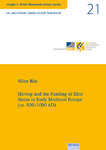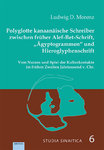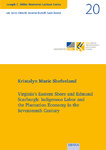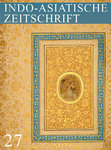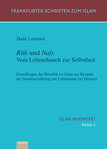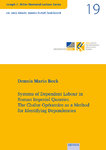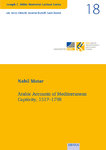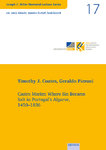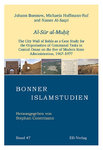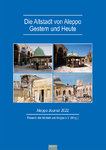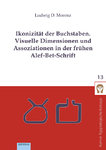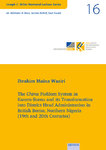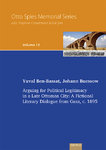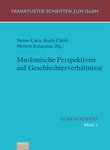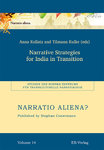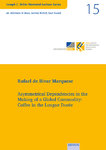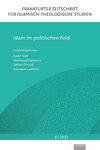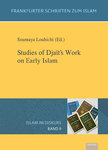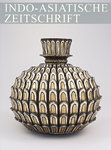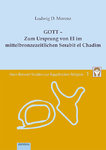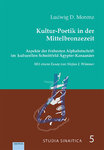- ISLAMWISSENSCHAFT
- ISLAMISCHE_STUDIEN
- JOSEPH C. MILLER MEMORIAL LECTURES SERIES
- ASIENWISSENSCHAFT
- ARCHÄOLOGIE ALS KULTURWISSENSCHAFT
- RELIGIONSWISSENSCHAFT
- RELIGIONSPÄDAGOGIK
- GESELLSCHAFT UND KIRCHE
- KIRCHE UND GEMEINDE
- GESUNDHEIT UND KRANKHEIT
- KINDERGARTENPÄDAGOGIK
- OPEN_ACCESS
- Neuerscheinungen
- In Vorbereitung
- News
- EBook
- Einzelkataloge
Categories Neuerscheinungen Vol. 17: Castro Marim: Where Sin Became Salt in Portugal’s Algarve, 1450–1836
Vol. 17: Castro Marim: Where Sin Became Salt in Portugal’s Algarve, 1450–1836
Product no.: ISBN: 978-3-86893-447-2
In stock
can be shipped within 3 days
54 pages, paperback
14,8 x 21,0, 2023
Castro Marim, in SE Portugal, was a site of internal exile for several thousand minor sinners and convicts from the 1400s until the 1830s. The punishment was revived by the Estado Novo dictatorship a century later. During early modern times, the guilty could flee to several border towns for sanctuary. The state’s courts and later courts of the Inquisition directed minor offenders to this town, typically for two to three years. These newcomers were forced to either enter the local work force or flee. Here we see a detailed example of social control and coordination between the early modern Church and state. Crime, sin, punishment, redemption, sanctuary, the Enlightenment, monopolies, and smuggling interact with this system of forced labor. Sanctuary, internal exile, and town of free people created a unique legal and social space. This labor force was long-lasting, flexible, and useful. Tax evasion and smuggling forced Lisbon to create neighboring Vila Real de Santo António, with tighter fiscal control and free labor which would eventually supersede this forced labor system in Castro Marim. Internal exile was a semi-independent judicial component linked to manpower needs overseas, ending as those demands increased.
The Authors
Timothy Coates, Professor of History (emeritus), The College of Charleston (Charleston, South Carolina, USA), studies marginality and forced labor in the early modern Portuguese Empire. Fellow of the Calouste Gulbenkian Foundation, The American Institute of Indian Studies, Visiting Professor at Brown University and the Universidade de Lisboa. His major publications include Convicts and Orphans: Forced and State-Sponsored Colonization in the Portuguese Empire (Stanford, 2001) and Convict Labor in the Portuguese Empire, 1740–1932: Redefining the Empire with Forced Labor and New Imperialism (Brill, 2014). Between the two, he and Professor Geraldo Pieroni authored Castro Marim: Da vila do couto à vila de sal, 1550–1850 (Sà da Costa Editora, 2002). This BCDSS study is the first work on Castro Marim in English and includes numerous materials uncovered since the book appeared.
Geraldo Pieroni, Ph. D. in Modern Western History from the Université Paris-Sorbonne (Paris IV). Professor and Researcher in the Graduate Program in Communication and Language at the Universidade Tuiuti do Paraná, Brasil. He lives in Curitiba, Brazil.
We also recommend
|
E-Book-Version
|
Browse these categories as well: Categories, Neuerscheinungen, JOSEPH C. MILLER MEMORIAL LECTURES SERIES, Promotional Items



